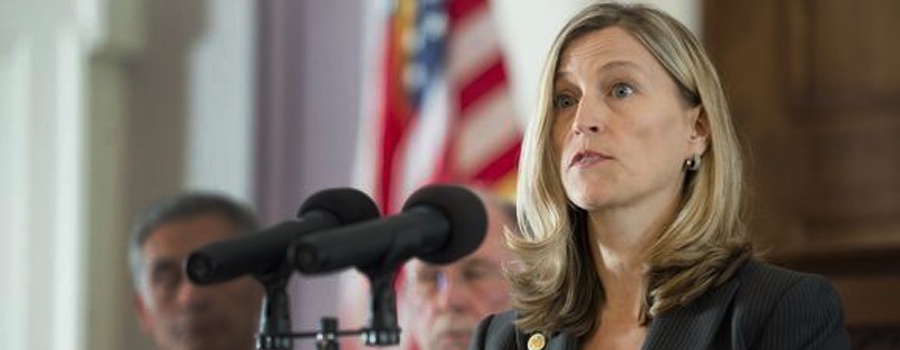Tag: Medicaid
-

Alabama Medicaid to Pursue an Alternative to RCOs
MONTGOMERY – Alabama Medicaid Commissioner Stephanie Azar announced Thursday that in light of known federal administration changes and potential congressional adjustments, the Alabama Medicaid Agency will pursue an alternative to the Regional Care Organization initiative to transform the Medicaid delivery system. The state will work with the Centers for Medicare and Medicaid Services to create…
-

Physician Groups Issue Joint Statement on Better Care Reconciliation Act
June 29, 2017: Physicians Express Grave Concerns with the Better Care Reconciliation Act Click here to see the joint letter to Alabama’s U.S. Senators MONTGOMERY — We, the undersigned Alabama organizations, representing not just physicians but the thousands of low-income Alabamians served by them, want to express grave concerns with the Better Care Reconciliation Act…
-

CMS Updates Proposed Rule for MACRA; Eases Burden for Some Physicians
The Centers for Medicare & Medicaid Services has unveiled a 1,058-page proposed rule updating the Medicare physician payment system implemented under the Medicare Access and CHIP Reauthorization Act of 2015 with changes to make it easier for small independent and rural practices to participate. The proposed rule would make changes in the second year of…
-

AARP: States Lag In Keeping Medicaid Enrollees Out Of Nursing Homes
By Phil Galewitz, Kaiser Health News | June 14, 2017 States are making tepid progress helping millions of elderly and disabled people on Medicaid avoid costly nursing home care by arranging home or community services for them instead, according to an AARP report released Wednesday. “Although most states have experienced modest improvements over time, the…
-

New American Health Care Act Comes Under Fire
Earlier this week, members of the House Energy and Commerce Committee released legislation as part of the House Republicans’ efforts to repeal and replace Obamacare. Although the legislation cleared its first hurdle with a lengthy, contentious markup session that began Wednesday, the House Ways and Means Committee approved the American Health Care Act. The House…
-

RCO Implementation On Schedule; New Regions Offered to Other Probationary RCOs
MONTGOMERY – The Alabama Medicaid Agency has been notified that Envolve, a wholly-owned subsidiary of Centene, is ending its agreement as a capital contributor with all five Alabama Healthcare Advantage (AHA) organizations that had planned to operate as Regional Care Organizations this fall. Alabama Medicaid Commissioner Stephanie Azar said the AHA organizations have notified the…
-

Alabama Medicaid Pushes RCO Start Date to October 2017
The State of Alabama’s shift to managed care has been long in the works, and it looks as though the wait will be a little longer before the regional care organizations will be officially operational, according to the Alabama Medicaid Agency. While Gov. Robert Bentley has said repeatedly that he remains committed to moving forward…
-
Opinion: All Americans Need Access to Affordable, Quality Care
Editorial contributed by John Meigs Jr., M.D., president of the American Academy of Family Physicians, member of the Medical Association Board of Censors, and a family physician in Centreville, Ala. Editorial reprinted by permission. Since Election Day, health care analysts have tried to forecast the fate of our health care system. Much remains uncertain, but…
-

RCO Implementation Changes and Service Delivery Network Timelines
The Alabama Medicaid Agency is working with Centers for Medicare and Medicaid Services to amend the approved 1115 waiver to allow for an Oct. 1, 2017, start date for the Regional Care Organization program. The deadline for probationary RCOs to demonstrate the existence of an adequate service delivery network by submitting to Medicaid signed contracts…
-

Reading Gives You Wings with Marsha Raulerson, M.D.
BREWTON — According to Dr. Seuss in I Can Read with My Eyes Shut!, “The more that you read, the more things you will know. The more you learn, the more places you’ll go.” That’s a philosophy Brewton pediatrician Marsha Raulerson can easily get behind. For more than 30 years, Dr. Raulerson has celebrated her…